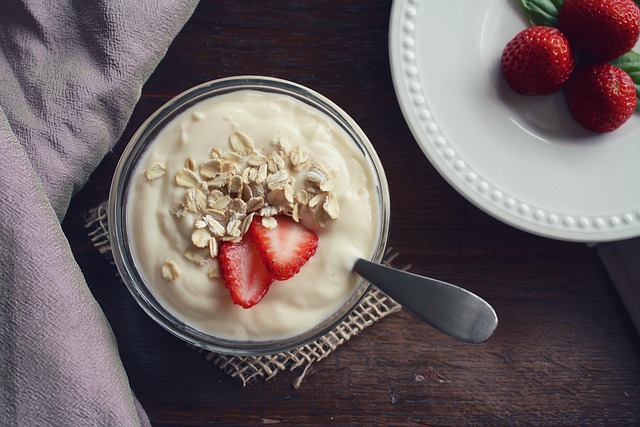Probiotics 101: Your Ultimate Guide to Understanding the Benefits and Strains
Are you curious about probiotics and their health benefits? Look no further! In this ultimate guide, we’ll
explore everything you need to know about probiotics, their benefits, and the different strains available.
What are Probiotics?
Probiotics are live bacteria and yeasts that are good for your health, especially for your digestive system. They
are often called “friendly” bacteria as they help keep your gut healthy. Our bodies are filled with both good and
bad bacteria. Probiotics help maintain a balance between the two by replenishing the good bacteria.
The Benefits of Probiotics
Probiotics offer a wide range of benefits beyond just maintaining a healthy gut. Some of the key benefits
include:
- Improved Digestive Health: Probiotics assist in breaking down food and absorbing nutrients,
promoting healthy digestion. - Boosted Immune System: They help strengthen the immune system by supporting the gut’s
barrier function and reducing the growth of harmful bacteria. - Reduced Inflammation: Certain probiotic strains have been found to reduce inflammation and
alleviate symptoms of inflammatory diseases like irritable bowel syndrome (IBS) and Crohn’s disease. - Prevention of Antibiotic-Related Side Effects: Probiotics can help prevent antibiotic-induced
diarrhea and other gastrointestinal issues by restoring the balance of bacteria in the gut. - Mood Improvement: Studies indicate a potential link between gut health and mental health.
Probiotics may play a role in reducing symptoms of anxiety and depression.
Common Probiotic Strains
There are several strains of probiotics, each with its own unique benefits. Here are some of the most common
strains:
1. Lactobacillus acidophilus
This is one of the most well-known and extensively researched probiotic strains. It is commonly found in yogurt
and helps maintain a healthy balance of bacteria in the intestines. L. acidophilus supports digestion and
strengthens the immune system.
2. Bifidobacterium bifidum
B. bifidum naturally occurs in the intestines and is crucial for overall gut health. It aids in the digestion of
carbohydrates and supports the immune system. This strain is often recommended for individuals with digestive
issues.
3. Lactobacillus casei
L. casei is known for its ability to survive the journey through the stomach’s acidic environment. It helps
maintain a healthy balance of bacteria in the gut and may have antimicrobial properties.
4. Bifidobacterium longum
This strain is known for its ability to break down carbohydrates and promote a healthy gut. It may also play a
role in reducing inflammation and supporting mental health.
5. Streptococcus thermophilus
S. thermophilus is commonly found in cultured dairy products and aids in the breakdown of lactose, making it
beneficial for individuals with lactose intolerance.
Getting Probiotics from Food and Supplements
Probiotics can be obtained through both natural food sources and supplements. Some of the best food sources
include:
- Yogurt
- Kefir
- Sauerkraut
- Kimchi
- Tempeh
- Miso
- Pickles
If you’re not a fan of these foods or find it challenging to incorporate them into your diet, probiotic
supplements are readily available. It’s important to choose a







